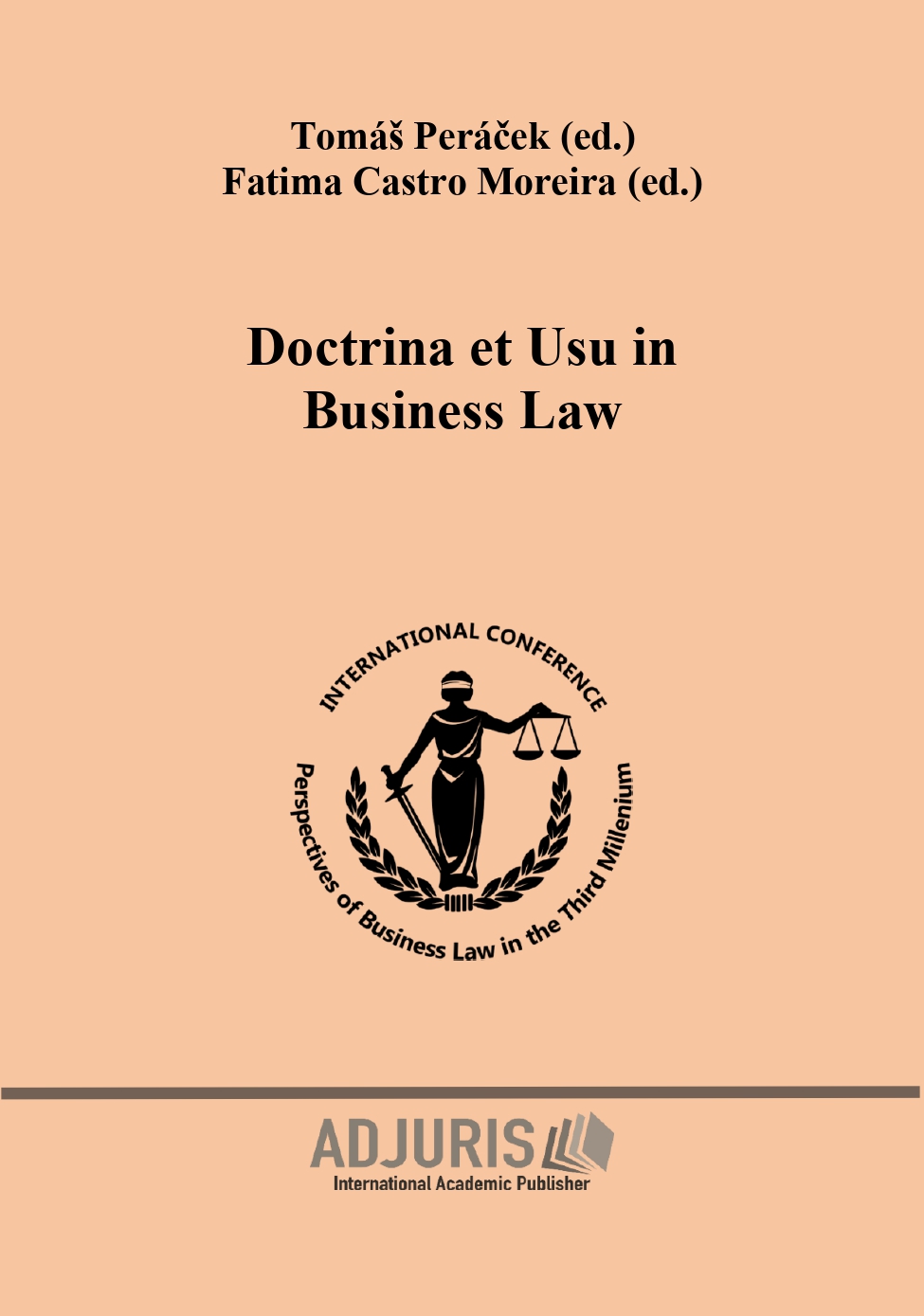Extradition. Comparative Analysis
Extradition. Comparative Analysis
Author(s): Aurel Octavian Pasat
Subject(s): Law, Constitution, Jurisprudence, Criminal Law, Comparative Law
Published by: Societatea de Stiinte Juridice si Administrative
Keywords: extradition; comparative analysis; international cooperation; crime;
Summary/Abstract: The relevance of the analysis of the issues of the institution of extradition is determined by the need to improve international cooperation in combating crime, expand its scope, apply an integrated approach to interstate cooperation in such a legal segment. As the analysis of the current trends in the development of extradition shows, its restructuring can modernize the legal institution in question, adapting it to the latest conditions in the fight against international crime. In order to achieve the proposed goal, the substantive conditions of extradition in the legislation of the Republic of Moldova were analyzed, in particular to subject to the analysis the conditions regarding the person, through the lens of the comparative analysis of the legislation of the Republic of Moldova and Romania in the context of the non-extradition of one's own citizens, as well as the conditions regarding the fact, in the context of the analysis of the general principles of extradition; to subject the extradition procedure from/to the Republic of Moldova to the comparative analysis with the active/passive extradition procedure in Romanian legislation.
- Page Range: 129-143
- Page Count: 15
- Publication Year: 2023
- Language: English
- Content File-PDF

